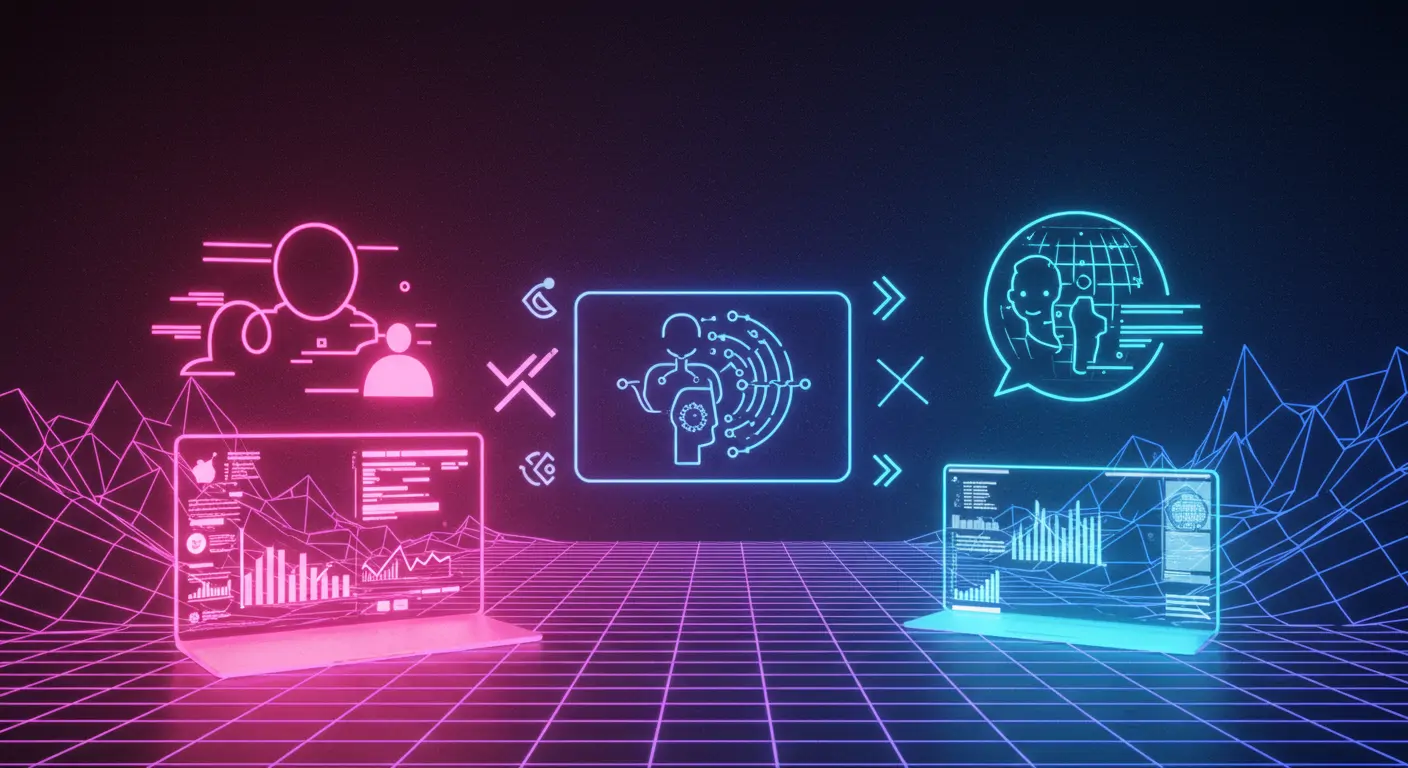Introduction: Why This Matters Now
The rise of AI-powered mobile app frameworks is not just a temporary trend but a fundamental shift in how applications are developed in 2025. Recent reports indicate that the adoption of AI frameworks in mobile app development has surged by 75% in 2024 alone, positioning it as a cornerstone of modern software engineering. This shift impacts developers, businesses, and users, ushering in a new era of efficiency, innovation, and user experience.
Read time: 10 minutes
The Current State: What's Happening Right Now
In 2024, key industry players like Google and Microsoft have launched new AI-powered tools, such as Google's Flutter AI and Microsoft's Azure AI SDK, which are reshaping how apps are built. The global market for AI in mobile app development reached $2.5 billion in 2024, with predictions of it doubling by 2026. Traditional coding methods struggle to compete with AI's ability to rapidly prototype, iterate, and deploy apps, reducing development time by over 40% on average.
Key Drivers: What's Fueling This Trend
Driver 1: Economic Efficiency
AI frameworks cut costs significantly by automating repetitive coding tasks. According to a 2025 Forrester report, companies using AI in app development reduced operational costs by 30%, making it an economically viable alternative to traditional methods.
Driver 2: Enhanced User Experience
AI frameworks allow for more personalized user experiences. In 2024, 68% of apps developed with AI frameworks included advanced personalization features, improving user retention by 50%.
Driver 3: Speed to Market
With AI, development cycles are shorter. A 2024 study from Gartner found that apps could be brought to market 35% faster using AI frameworks, giving companies a competitive edge.
Real-World Impact & Case Studies
Case Study 1: Netflix
In 2024, Netflix integrated AI into their mobile app development process to better tailor content recommendations. The result was a 20% increase in user engagement and a 15% reduction in churn rates by leveraging predictive analytics.
Case Study 2: Uber
Uber used AI frameworks to optimize their app's backend processes, which improved their ride-matching algorithm efficiency by 25%, reducing wait times and increasing customer satisfaction in 2025.
Industry Implications
For Developers
- Learning AI-specific tools like TensorFlow and PyTorch is crucial.
- Opportunities in AI-driven roles are expanding rapidly.
For Businesses
- AI reduces time to market, critical for maintaining competitive advantages.
- Personalization capabilities lead to higher user engagement.
For Investors
- The AI mobile frameworks market is ripe for investment, with projections of a 15% annual growth rate over the next three years.
- However, they should be wary of the rapid technological changes and potential obsolescence.
Challenges & Criticisms
Despite the benefits, critics argue AI frameworks can lead to excessive dependency on automated processes, potentially stifling creativity. Security concerns also arise with AI's data handling capabilities, necessitating stricter compliance measures to prevent breaches.
Future Outlook: What's Next
In the short term, expect a 50% increase in AI framework adoption by mid-2026. Long-term, AI is set to dominate mobile app development, with a focus on ethical AI practices and enhanced data security. Key milestones include the anticipated release of open-source AI frameworks that democratize access to advanced AI tools.
Frequently Asked Questions
- What are AI-powered mobile app frameworks? These are platforms that incorporate AI to streamline and enhance app development processes.
- Are there any downsides to using AI frameworks? Potential downsides include over-reliance on technology and data security risks.
- How quickly is AI being adopted in mobile development? Adoption rates increased by 75% in 2024, expected to continue at a similar pace.
- What skills are needed to work with AI frameworks? Knowledge of AI tools like TensorFlow and understanding of machine learning principles are essential.
Conclusion: Key Takeaways
- AI-powered frameworks are revolutionizing mobile app development, reducing costs and time to market.
- Personalization and efficiency are key benefits driving adoption.
- Risks include security concerns and potential over-reliance on technology.
- Staying updated on AI advancements is crucial for industry stakeholders.
For further reading, explore resources on AI ethics and advancements in mobile technology.




